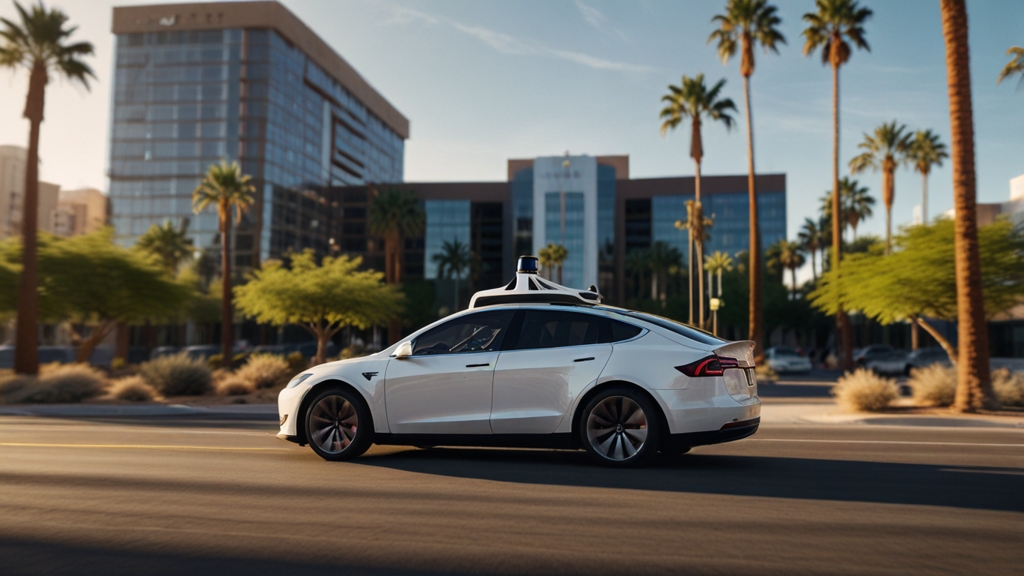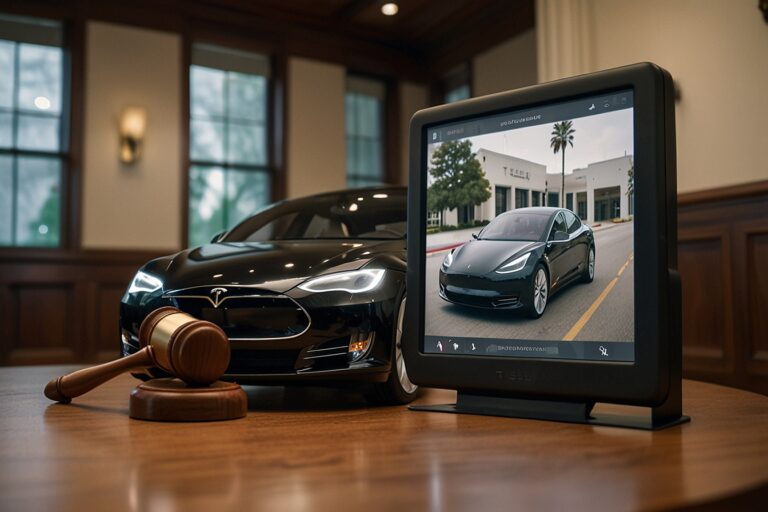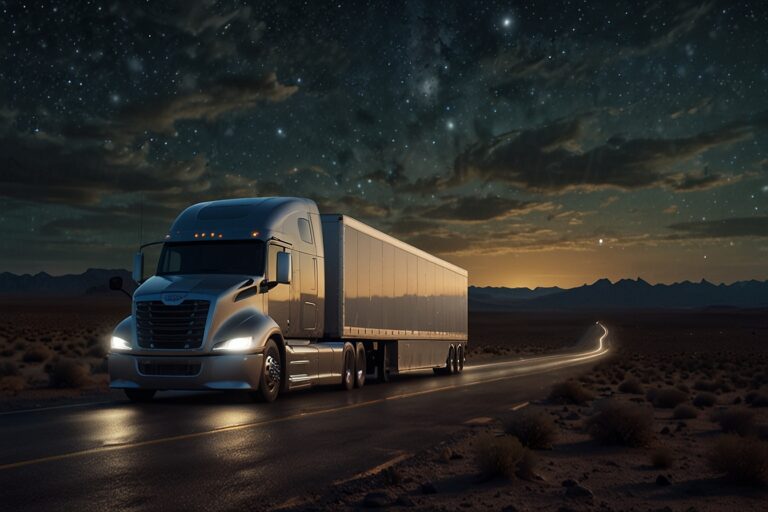
TL;DR
- Tesla has applied to test and operate autonomous vehicles in Arizona, signaling plans to expand its robotaxi service to the Phoenix Metro area.
- The company initiated the process with the Arizona Department of Transportation (ADOT) on June 26.
- Tesla’s South Austin robotaxi service launched in June and may soon extend to California and Arizona.
- Regulatory hurdles vary by state, with Arizona’s certification process notably easier than California’s stricter framework.
- The move sets up a head-to-head battle with Waymo, which already operates driverless services across Metro Phoenix.
Tesla Starts Arizona Certification Process for Robotaxis
Tesla is officially pursuing a foothold in Arizona’s growing autonomous vehicle (AV) sector. The company contacted the Arizona Department of Transportation (ADOT) on June 26, according to a statement shared with TechCrunch, to initiate the certification process for testing and operating AVs in the state.
A spokesperson confirmed that Tesla is seeking both permits:
- Testing and operating AVs with a safety driver
- Testing and operating without a driver
The application is still under review, with a decision expected by the end of July.
The Data
| Key Metric | Details |
| Tesla Robotaxi Arizona Application | Submitted June 26, 2025 to ADOT |
| Certification Type | AV Testing + Operating (with & without driver) |
| Current Operational Service | South Austin, Texas (limited invitation-based rollout) |
| Key Contact | Casey Blaine, Tesla’s Senior Regulatory Counsel |
| Current Permit in CA | AV testing with safety driver since 2014 |
| Arizona Competitor | Waymo, operating in 315 square miles of Phoenix Metro |
| Additional Permit Required in AZ | Transportation Network Company (TNC) permit for ride-hailing services |
Tesla Leverages Friendly State Laws in Arizona
Unlike California’s multi-step regulatory process, Arizona requires companies to follow a self-certification model, as outlined on the ADOT AV program website.
However, AV companies must still obtain a Transportation Network Company (TNC) permit to legally offer ride-hailing services—robotic or human-driven.
Tesla’s strategy could mirror that of Waymo, which already operates a fully driverless robotaxi service across 315 square miles in Metro Phoenix, including key areas like Downtown Phoenix, Scottsdale, Chandler, and Phoenix Sky Harbor Airport.
Internal Emails Reveal Tesla’s Outreach Strategy
According to records obtained by TechCrunch, Casey Blaine, Tesla’s Senior Regulatory Counsel, reached out to the state’s Motor Vehicle Division (MVD) and Commerce Authority, initiating conversations and requesting introductions to Maricopa County officials and law enforcement. The outreach included a virtual meeting to align on next steps, though formal deployment discussions remain preliminary.
Tesla has not commented further, and Blaine did not respond to inquiries.
Robotaxi Footprint: From South Austin to Phoenix and Beyond
Tesla launched its invitation-only robotaxi service in South Austin in June 2025, marking its first commercial deployment. In a July 10 post on X (formerly Twitter), Elon Musk stated that Tesla would expand the service deeper into Austin and was awaiting regulatory approval in both Phoenix and the Bay Area.
“Phoenix Metro is next on our roadmap,” Musk wrote, hinting at multi-state scaling plans.
Musk also claimed Tesla would receive approval to begin robotaxi operations in California “in a month or two,” though no formal filing has been confirmed for driverless testing in that state.
California Remains a Regulatory Obstacle
California remains one of the strictest AV regulatory environments in the U.S., requiring companies to obtain a series of permits from both the California DMV and the California Public Utilities Commission (CPUC).
A DMV spokesperson confirmed that Tesla has held a permit for AV testing with a safety driver since 2014 but has not applied for either:
- Driverless AV testing
- Deployment permit for a commercial robotaxi service
Without these, Tesla cannot legally operate a robotaxi fleet in California, regardless of technical readiness.
Competition in Phoenix: Tesla vs. Waymo
Arizona is a logical battleground for Tesla. The state has become a hub for AV innovation thanks to its regulatory flexibility, sunny weather, and wide suburban roads — ideal for real-world testing.
Waymo, owned by Alphabet, is currently the dominant robotaxi provider in Arizona. The company:
- Operates fully driverless vehicles
- Holds both AV certification and TNC permits
- Recently launched services for teen riders with parental permission
Waymo also holds permits to operate in California, including San Francisco, Los Angeles, and Silicon Valley regions.
Tesla’s expansion plans could put it on a collision course with Waymo, particularly in ride-hailing and airport transfer markets.
Strategic Expansion Ahead of August Robotaxi Reveal
Tesla’s regulatory push comes just weeks ahead of its highly anticipated robotaxi design unveiling on August 8, 2025. Analysts expect Tesla to debut a purpose-built autonomous vehicle, separate from its existing lineup of consumer EVs.
Positioning itself in multiple states ahead of this reveal allows Tesla to:
- Build regulatory momentum
- Pilot user engagement
Optimize fleet readiness across diverse urban conditions






